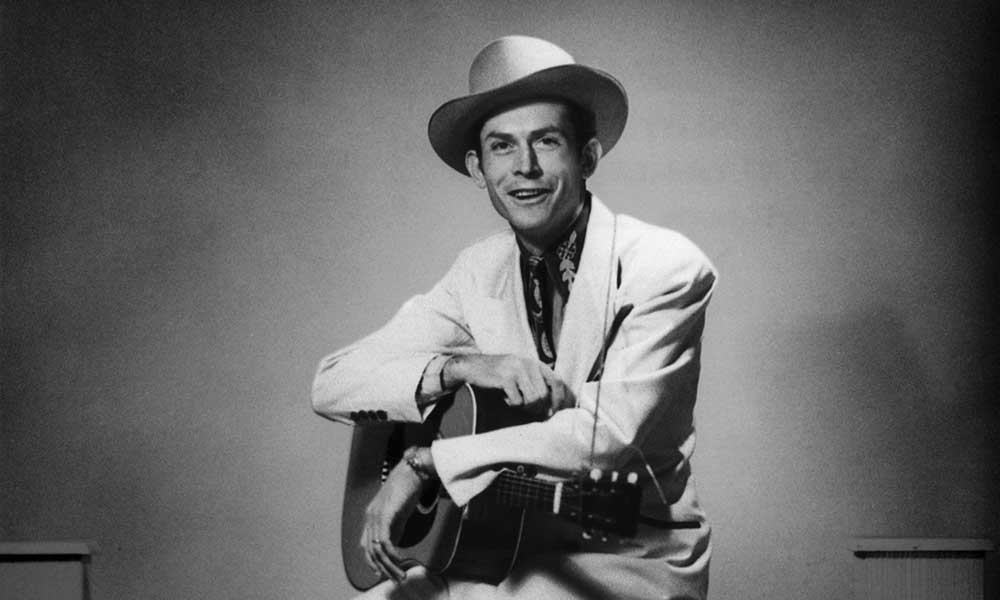
For all of his recurring problems with drugs and alcohol and the collapse of his marriage, the Hank Williams of late 1952 could do little wrong among his legions of fans. It was the year that produced such undisputed classics as “Honky Tonk Blues,” “Jambalaya (On The Bayou),” “Settin’ The Woods On Fire” and “You Win Again.”
That summer, frail and ill, Williams was at Castle Studio in Nashville recording a song that he and co-writer Fred Rose gave a deliberately jokey, irreverent title. Sadly, it was to become poignant within weeks. “I’ll Never Get Out Of This World Alive” entered the country charts on December 20, 1952. Twelve days later, at the age of just 29, Hank Williams was dead.
The lyric and tone of the song would have been amusing if they didn’t soon become associated with tragedy. “My distant uncle passed away and left me quite a batch,” sang Hank, “and I was livin’ high until the fatal day a lawyer proved I wasn’t born, I was only hatched.”
A posthumous No.1
The MGM single thus became the last in an all-too-short career that almost immediately assumed iconic proportions. En route to a gig in Canton, Ohio on New Year’s Day, 1953, his heart, worn down by the years of abuse he had put his body through, simply gave out. Some three weeks later, “I’ll Never…” became Hank’s eighth country No.1.
Listen to uDiscover Music’s Country Music In 20 Songs playlist.
The truth is that Williams’ popularity was so widespread that the would probably have gone to the top anyway, and indeed his next three posthumous singles — the double-sided “Kaw-Liga” and “Your Cheatin’ Heart” and “Take These Chains From My Heart” — were all chart-topping songs too. Rose himself passed away at the end of 1954; fittingly, he and Hank joined Jimmie Rodgers as the first three inductees of the Country Music Hall of Fame, when it was founded in 1961.
Buy or stream “I’ll Never Get Out Of This World Alive” on 40 Greatest Hits.

